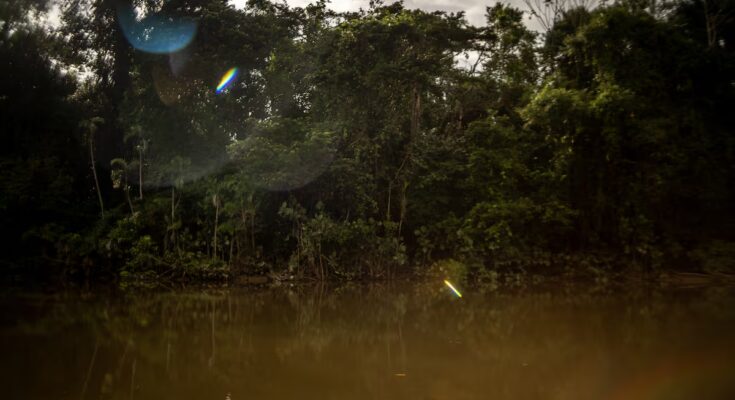Nature is angry. Just look at the Caribbean, where thousands of people are trying to rebuild their lives after one of the most violent hurricanes on record. Disasters like this, which are no longer exceptions, bear the imprint of climate change driven by the extraction and use of fossil fuels.
When I assumed the presidency of Colombia, indigenous leaders gave me a crucial warning: peace was not only with guerrilla warfare, but also with nature. They were right, and international law confirms it too.
In a landmark ruling issued in July this year, the International Court of Justice declared that governments are legally obliged to take action against climate change and that continuing to finance fossil fuels – through permits, licenses or subsidies – may constitute an “unlawful act”. The decision is already having an effect: in August, invoking that ruling, a Brazilian court ordered the suspension of a coal mine and a thermoelectric power plant.
Meanwhile, clean energy is increasingly competitive. As of August, wind and solar power covered a third of Brazil’s electricity, strengthening the system’s resilience alongside hydropower and easing dependence on gas. Santiago, Chile will have two-thirds of its fleet of electric buses by the end of the year. And the world is going in the same direction: Europe decided this week to accelerate the green transition, while China has placed all its economic weight on renewable technologies.
The other side of the coin is that coal, oil and gas producers are facing an increasingly uncertain future. As renewable energy replaces fossil fuels, the jobs and tax revenues associated with that sector will also disappear. Regions dependent on fossil fuel extraction will urgently need plans to diversify their economy, train their workers and support affected communities.
In Colombia, caring for nature is much more than an environmental decision: it is an economic and peace strategy. Where this has been implemented effectively, ex-combatants and communities work together to protect forests, restore rivers and promote ecotourism.
None of this will be sustainable without international support. This is why I support COP30 host Brazil’s initiative to agree on a roadmap to overcome dependence on fossil fuels. It is supported by Europe and the countries most exposed to the climate crisis, and should concern both producers and consumers.
If we act together, the transition will be faster, fairer and more stable. But we can’t wait for everyone to agree: the largest rainforest on the planet requires immediate attention.
The uncontrolled extraction of resources – legal and illegal – combined with climate change, is bringing the Amazon towards a point of no return. If we cross it, not only will we lose forests at an accelerated rate, but the entire ecosystem could collapse.
Fossil fuels are part of the problem. Over the past 15 years, oil and gas extraction in four Amazonian countries has been linked to 5,000 environmental incidents. Poisoned rivers, contaminated soil, destroyed wildlife, thousands of people affected… And the threat is growing due to new oil projects and illegal mining.
Indigenous peoples have raised their voices to stop the drilling. After a year-long investigation, members of the global network Parliamentarians for a Fossil Fuel-Free Future have presented an action plan to protect the Amazon. It proposes not to allow new oil and gas wells, to strengthen indigenous governance and to create financial instruments to keep fossil fuels in the ground.
The International Union for Conservation of Nature has already publicly advocated for a fossil fuel-free Amazon.
When leaders meet this month in Belém, on the doorstep of this incomparable lung of humanity, we urge you to join this effort. What better offer of peace to our natural world?



